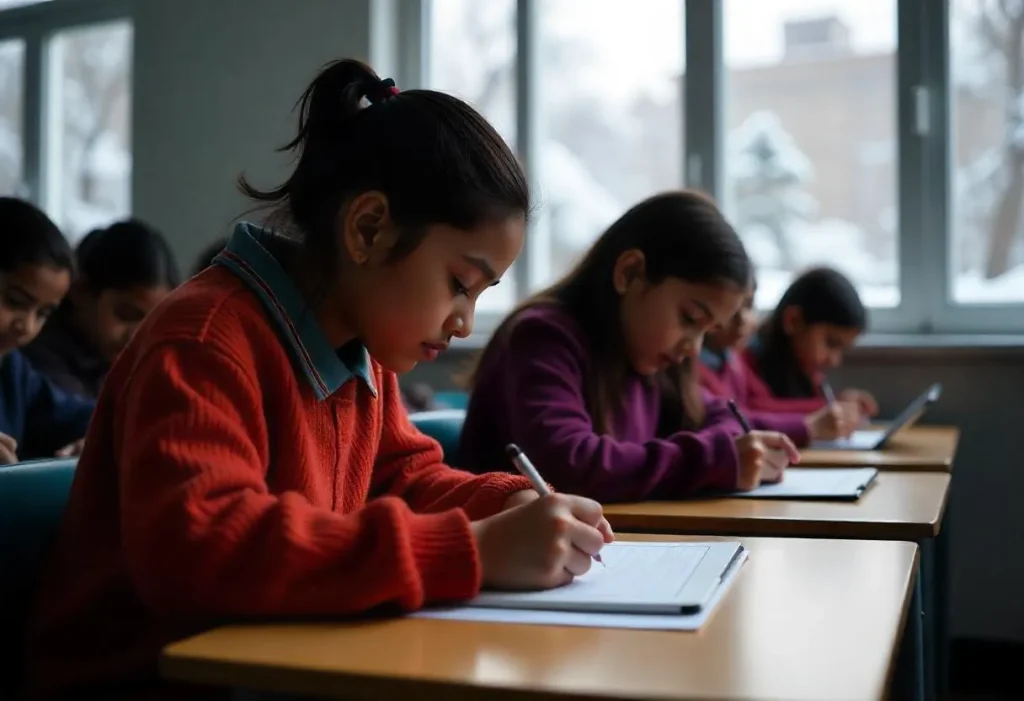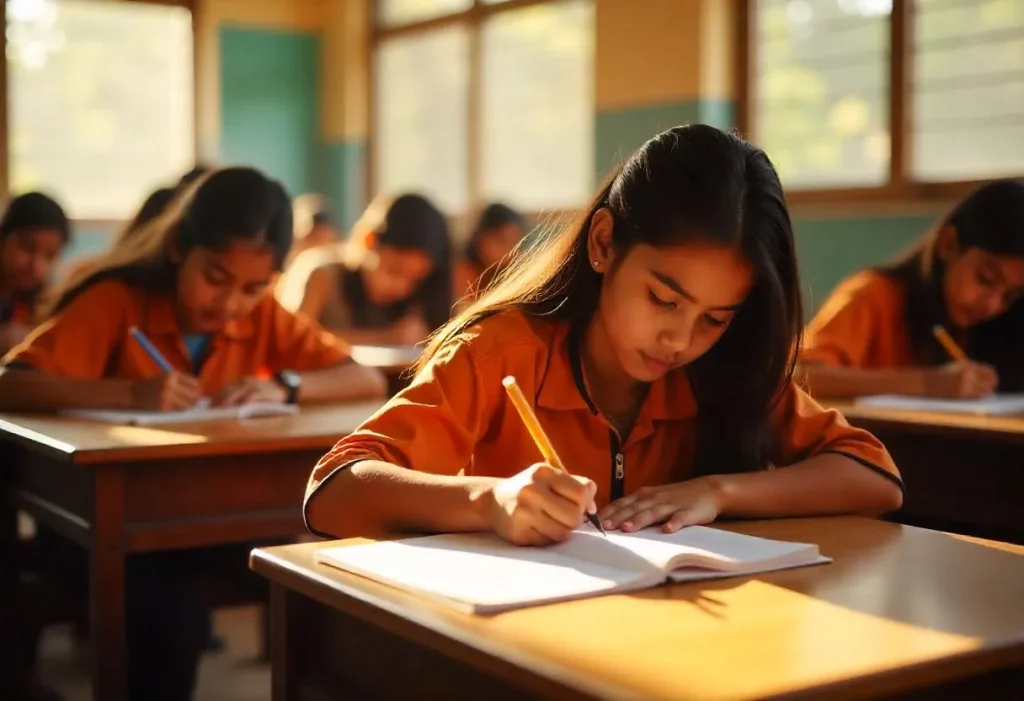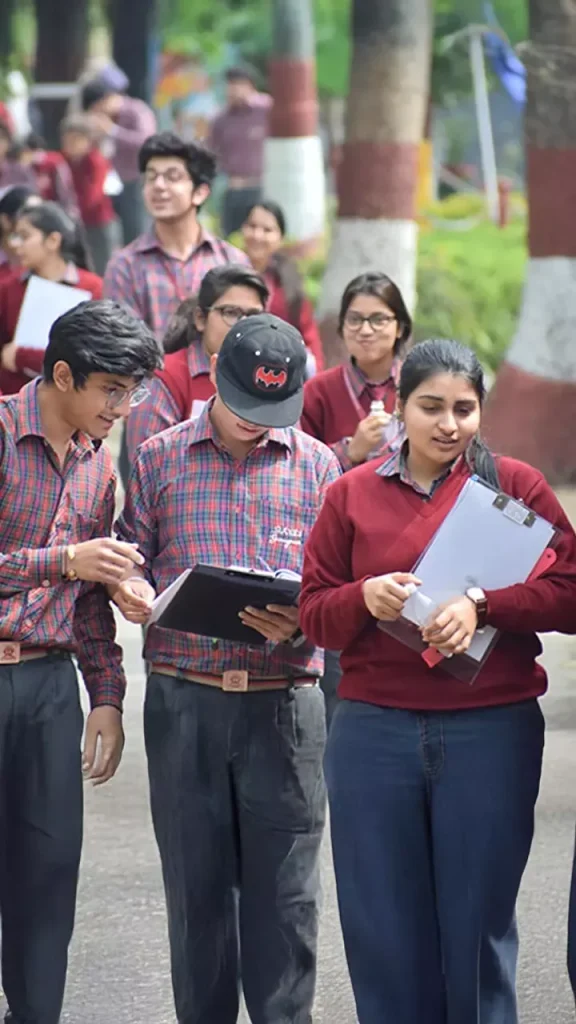The Central Board of Secondary Education (CBSE) is set to introduce a significant change in its examination system. From 2026, Class 10 students will have the option to appear for board exams twice a year. This move aims to provide students with more flexibility and reduce the high-pressure nature of the current system.

A New Approach to Exams
Under the new system, students can take their board exams in two sessions—once in February and again in May. They can either attempt both exams or choose to sit for just one. If a student is satisfied with their score in the first session, they can skip the second. This eliminates the need to wait an entire year for a retest.

Key Features of the New System
- Two Exam Sessions: Students can appear for both or opt for one.
- Full Syllabus Coverage: Each exam will follow the complete syllabus and prescribed textbooks.
- No Supplementary Exams: The May session will serve as a second attempt, replacing traditional supplementary exams.
- Fixed Registration: The list of candidates (LOC) for the February session will be finalized in September 2025. No new candidates can register for the May session if they weren’t on the initial list.
- Exam Centers and Fees: Students will take exams at the same centers for both sessions. Fees will be collected at the time of application, with an expected increase.
- Subject Selection: Students can change their subject choices between sessions but cannot modify them after final registration.
- Single Internal Assessment: Practical and internal assessments will be conducted only once a year.
- Final Marksheet Format: The final results will display scores from both attempts, with the best score highlighted.
Why CBSE is Implementing This Change
This reform aligns with the National Education Policy (NEP) 2020, which emphasizes reducing exam stress and making assessments more student-friendly. The goal is to shift from a high-stakes, one-time evaluation to a system that allows students to improve their performance within the same academic year.

Reactions from Parents and Teachers
The decision has sparked mixed reactions among educators and parents. Some welcome the flexibility, while others worry about potential drawbacks.
Anjali Mehta, a parent from Mumbai, sees the change as beneficial. “My son now has a second chance without waiting a whole year. This will help students manage their studies better,” she says.
Suresh Iyer, an English teacher, agrees, highlighting the mental health benefits. “Knowing they have another opportunity within the same year will help reduce anxiety among students,” he explains.
However, others are concerned. Mathematics teacher Rajeshkumar Patel warns that students might take the first attempt lightly, thinking they have a backup. “We need to ensure students remain serious about both attempts and not see it as an easy way out,” he says.
Challenges and Concerns
Not everyone is convinced that the system will ease pressure. Some parents fear that instead of reducing stress, it could increase the burden on students, as they will always be preparing for exams.
Neha Trivedi, a parent from Ahmedabad, shares her apprehension. “Students will feel they are in a constant exam cycle, leaving little time to relax,” she notes.
Teachers also highlight logistical issues. Conducting board exams twice a year will require additional resources, planning, and staff, which might pose difficulties for schools with limited infrastructure.
What’s Next?
CBSE has opened the draft norms for public feedback until March 9, 2025. While the reform aims to make exams more student-friendly, its success will depend on proper implementation. The coming years will determine whether this change truly benefits students or adds new challenges to an already demanding education system.
